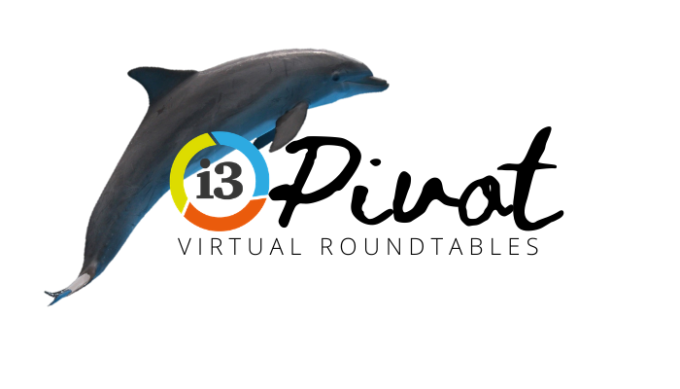The aftermath of the global financial crisis has seen banks retreating from the lending market, paving the way for private funds to fill the vacuum. Coupled with investors’ search for yield beyond traditional fixed income as well as current high valuation of equities, the demand for private credit has surged.
As part of [i3] Pivot, we are pleased to convene an investor roundtable in partnership with Benefit Street Partners, (part of Franklin Templeton) to analyse and understand the opportunity set in private and alternative credit, and their roles in portfolio construction.
Yield and Diversification Benefits
COVID-19 has created investing opportunities not seen in over a decade. As part of the roundtable, we will evaluate the opportunity set, which will continue to evolve due to
- Forced selling due to need for liquidity
- Issuer specific problems
In addition to the yield play, the breadth of strategies with a variety of risk and return profiles may provide investors a breadth of exposures to alternative assets. They may include opportunistic debt, liquid loans, high yield, special situations, and commercial real estate debt etc.
Depending on investor objectives and liquidity appetite, the different durations eg direct lending (short) vs infrastructure debt (long), may provide income diversification to the investor too.
Distressed Debt and Zombie Capitalism
While it is expected that distressed investment opportunities will emerge as the crisis cycle evolves, will this time be different? The enormous liquidity provided by aggressive fiscal and monetary policies of governments may inadvertently keep would-be bankrupt companies afloat for much longer, creating an unintended consequence of zombie capitalism.
How this distortion plays out remains to be seen, with uncertain implications for the distressed opportunity set.
Portfolio Construction Considerations
Given the multifaceted risk, return and (il)liquidity features of private credit, how can it be incorporated and blended into the portfolio? Should this strategy be funded from equities or fixed income?
Investment governance, particularly transparency, remains an important issue in private market investments. How can the investor balance the need for accountability and rigorous processes, while facilitating agile decision-making to access the opportunities?
Depending on the resources and sophistication of the fund, what’s the optimal approach to access this opportunity across the cycle: Fund vehicles vs direct investing? How about co-investments?
How do you assess the performance of this strategy? What are relevant benchmarks?
Enquire about this event







